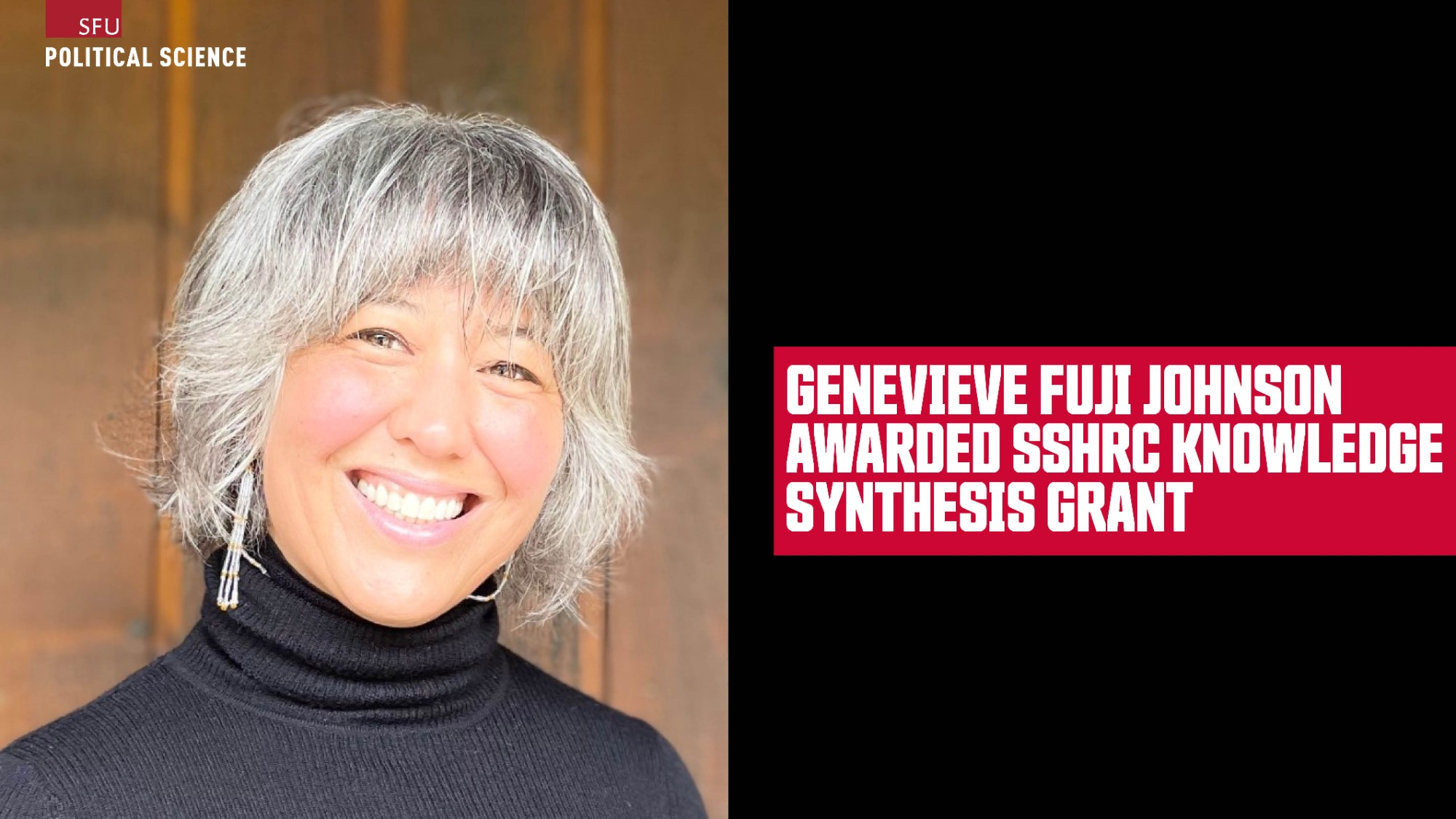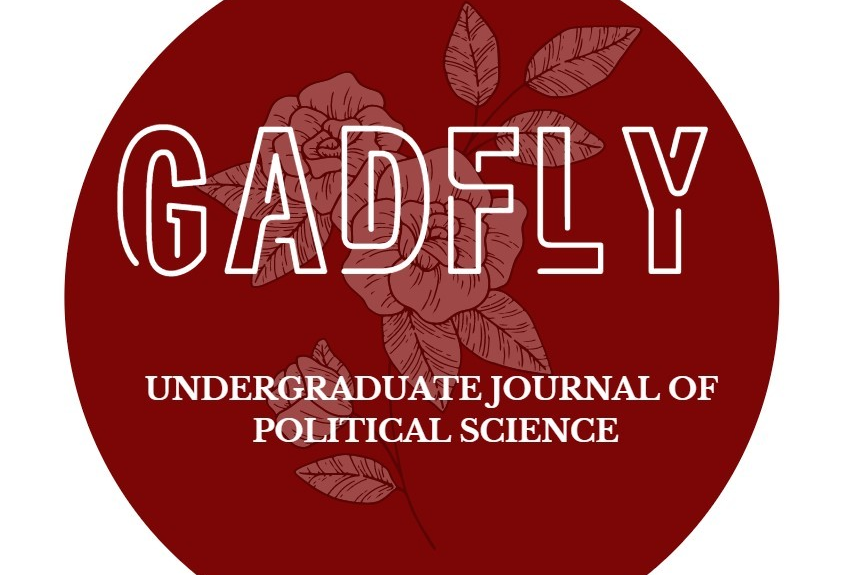- Faculty & Staff
- About
- Departments and programs
- Accelerated Law (SFU-Exeter)
- Anthropology
- Applied Legal Studies
- Cognitive Science
- Criminology
- Economics
- English
- French
- French Cohort Program
- Gender, Sexuality, and Women's Studies
- Gerontology
- Global Asia
- Global Humanities
- Graduate Liberal Studies
- Hellenic Studies
- History
- Indigenous Languages
- Indigenous Studies
- International Studies
- Labour Studies
- Linguistics
- Medical Humanities and Social Sciences
- Philosophy
- Political Science
- Psychology
- Public Policy
- Social Data Analytics
- Sociology
- Urban Studies
- World Languages & Literatures
- Undergraduate
- Graduate
- Alumni
- Research
- Teaching
- News & events
- FASS at Surrey
- Next steps for new students (redirect)
Political Science
Make a difference and help create a better world. Explore existing policies and power inequalities and question the status quo. How do citizens challenge power inbalances and ineffective policies? How can nations work together to face global challenges like climate change, terrorism, and inequality?
Political science is the study of systems of government and the analysis of political activity and behaviour. How can we create a more inclusive society and respond to the dynamic issues in today's fast-paced world?
To help you achieve your academic and career goals, political science at Simon Fraser University is built around five core learning tracks:
- Diversity and migration
- Justice and law
- Public policy and democratic governance
- Diplomacy, defence, and development
- Research methods and analysis
Enhance your educational experience with our NATO Field School and Simulation program in Belgium, Italy, and Latvia or our ever-expanding co-operative education opportunities, or a study abroad opportunity.
The department also offers a specialized French Language Cohort program in public and international affairs, as well as joint programs with economics, gender, sexuality, and women’s studies, history, and French. Don’t forget to check out the African Studies certificate and the Social Data Analytics Minor program.
With this wealth of possibilities, you can create a political science degree tailored to your specific interests and career goals.
Program Options
Learn more about the different degrees and programs available to you at Political Science.
Undergraduate Options
Major
Honours
Joint Major
- French, History and Politics Bachelor of Arts
- Political Science and Economics Bachelor of Arts
- Political Science and Gender, Sexuality, and Women's Studies Bachelor of Arts
Minor
Extended Minor
Co-operative Education Program
Certificate and Diploma
Other
Graduate Options
Career Pathways
A political science degree from Simon Fraser University empowers you to achieve success in today’s fast-moving and flexible job market. In our program, you will learn from award-winning teachers and develop the strong communication, analytical thinking, and problem-solving skills that employers seek.
Through our five learning tracks, we provide the skills that set you apart and prepare you for a range of exciting career paths, including:
- Lawyer
- Politics and government
- Policy analysis
- Social justice advocacy
- Public relations
- Campaigns and elections
- Polling and public opinion research
- Communications
- Security and intelligence
- International development officer
- Foreign service officer
- Professor
“As a political science major, I have made volunteering a priority as well as studying. Most recently, I worked as a volunteer at the Women’s Centre at SFU. The Political Science Department at SFU has taught me a lot about sustainability, policy and research, and feminism, respectively. It has really shaped my perspectives and helped me realize what I like doing, and what I don’t like doing. It also feels amazing to contribute to places that have such a positive influence on the community, and on people around me.”
Nisha Manhas
Graduate | Political Science Major
Sample Lectures
THE LOGICS OF GENDER JUSTICE: WHY WOMEN’S RIGHTS ARE SO DIFFERENT AROUND THE WORLD
Learn about the range of women’s rights around the world, from violence against women and family law to parental leave and reproductive rights. Why have women’s rights been overhauled and expanded in some countries, on some issues, at some times, while they have been rolled back, undermined or mired in conflict in others?





